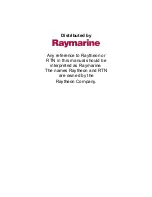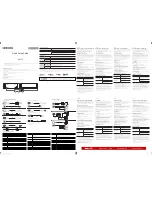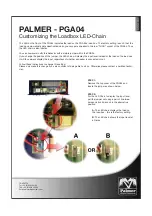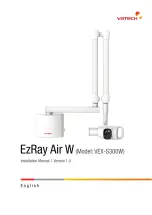
Operation Manual / 4 Product description / A130-M.. - A145-M..
6
Periodic maintenance work
Page 50 / 117
© Copyright 2016 ABB. All rights reserved.
HZTL4031_EN
Revision D
June 2016
6.3
Cleaning the turbine during operation
6.3.1
Introduction
Approval by enginebuilder
These instructions for wet cleaning only apply to cleaning with pure water and under the pre-
condition that the enginebuilder approves the process.
Options and limits
Periodic cleaning during operation delays any major increase in contamination. The cleaning
method is suitable as long as the contamination has not progressed far. Very heavily contami-
nated components can no longer be cleaned using this method. In this case, ABB Turbo Sys-
tems recommends having the contaminated components cleaned mechanically by an ABB
Turbocharging Service Station.
Periodic cleaning during operation does not replace the service work where the turbocharger
is completely dismantled and serviced by an ABB Turbocharging Service Station.
Cause and consequences of contamination
ABB Turbo Systems recommends the use of fuels with low ash, sulphur, sodium and vanadi-
um contents.
The combustion of heavy fuel oil (HFO) in diesel engines causes contamination of the turbine
stage. Poor quality fuel in conjunction with high exhaust gas temperatures can lead to ex-
tremely hard deposits on turbine components.
Consequences of contamination:
Low turbine efficiency
Elevated exhaust gas temperatures
Increased charging and ignition pressures with increasing turbocharger speed
Lower engine performance.
After the engine is stopped the rotor may become stuck in contamination deposits.
6.3.2
Cleaning interval
The time period between the periodical cleaning cycles depends greatly on the operating con-
ditions. Cleaning should normally be done every 50 to 200 hours of operation.
If the specified cleaning intervals are incompatible with operation of the engine, contact ABB
Turbo Systems.
















































